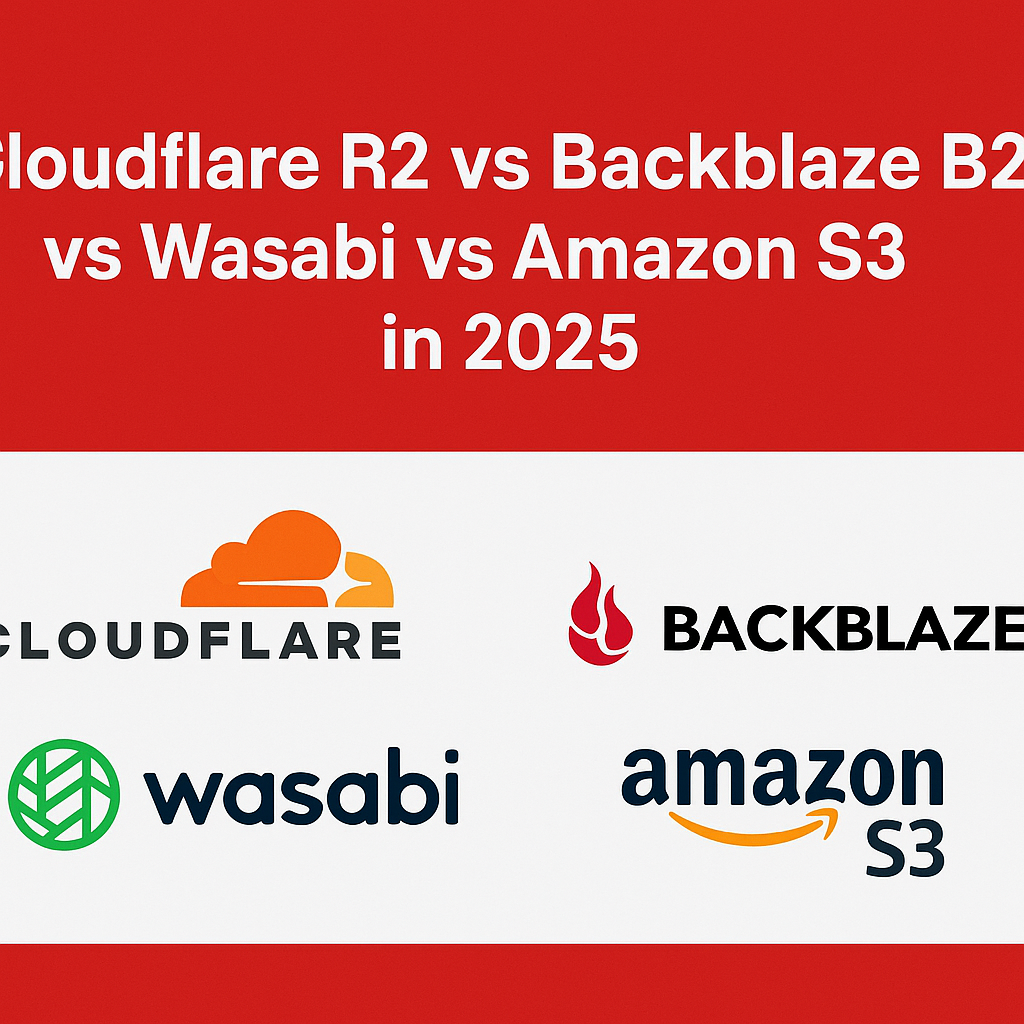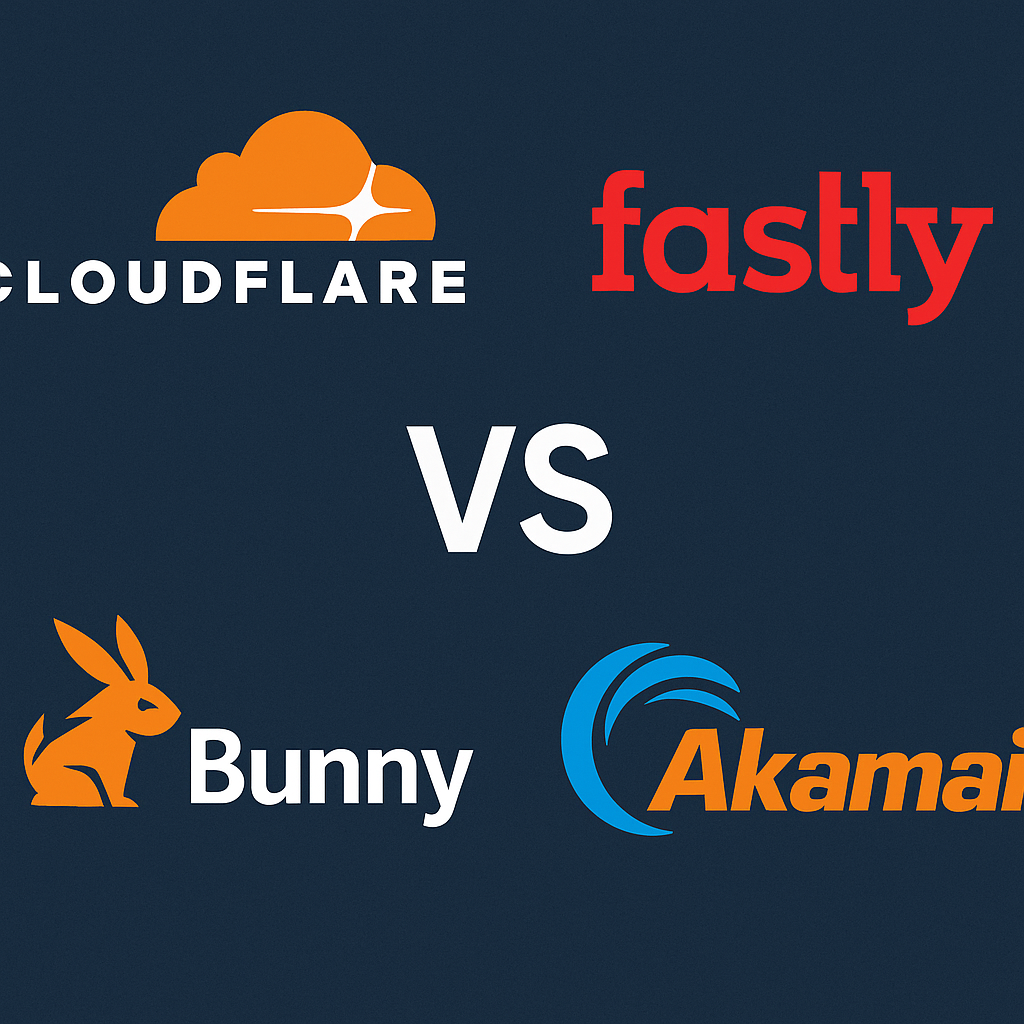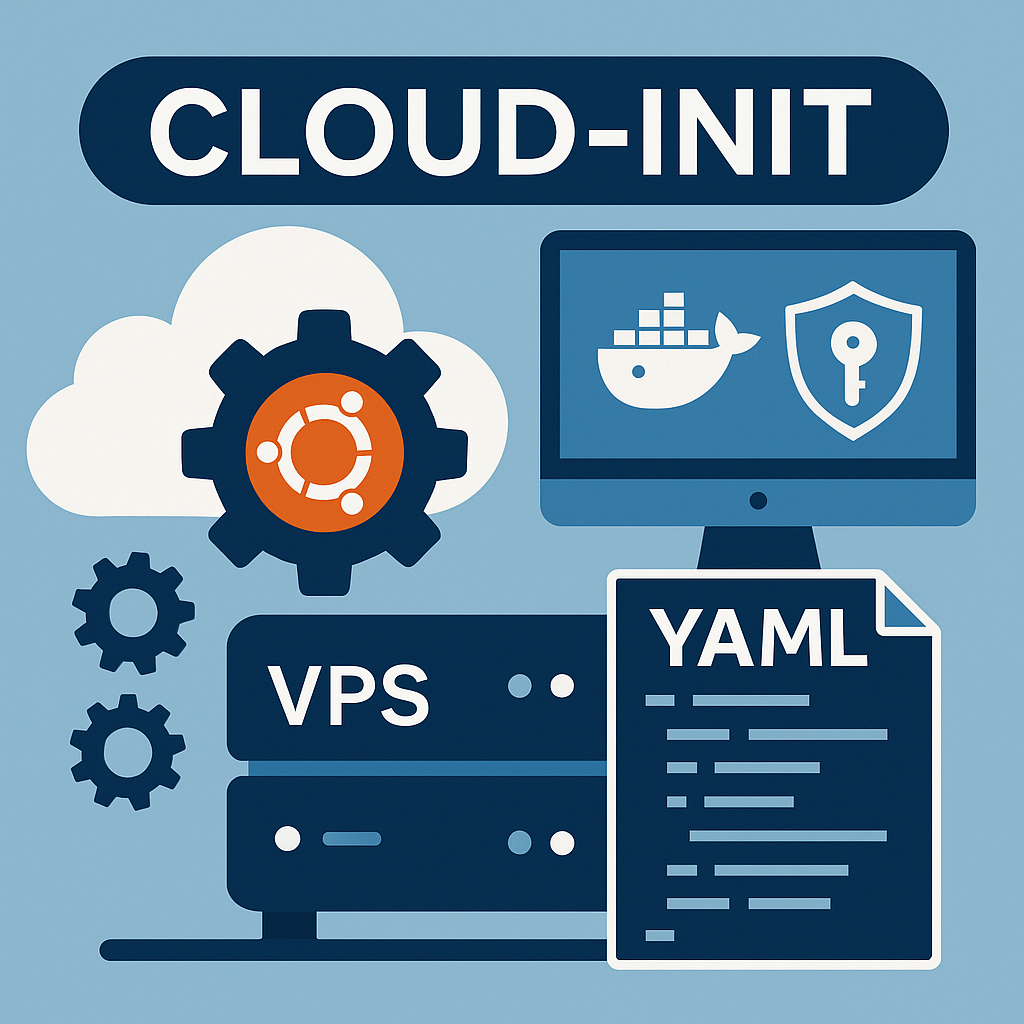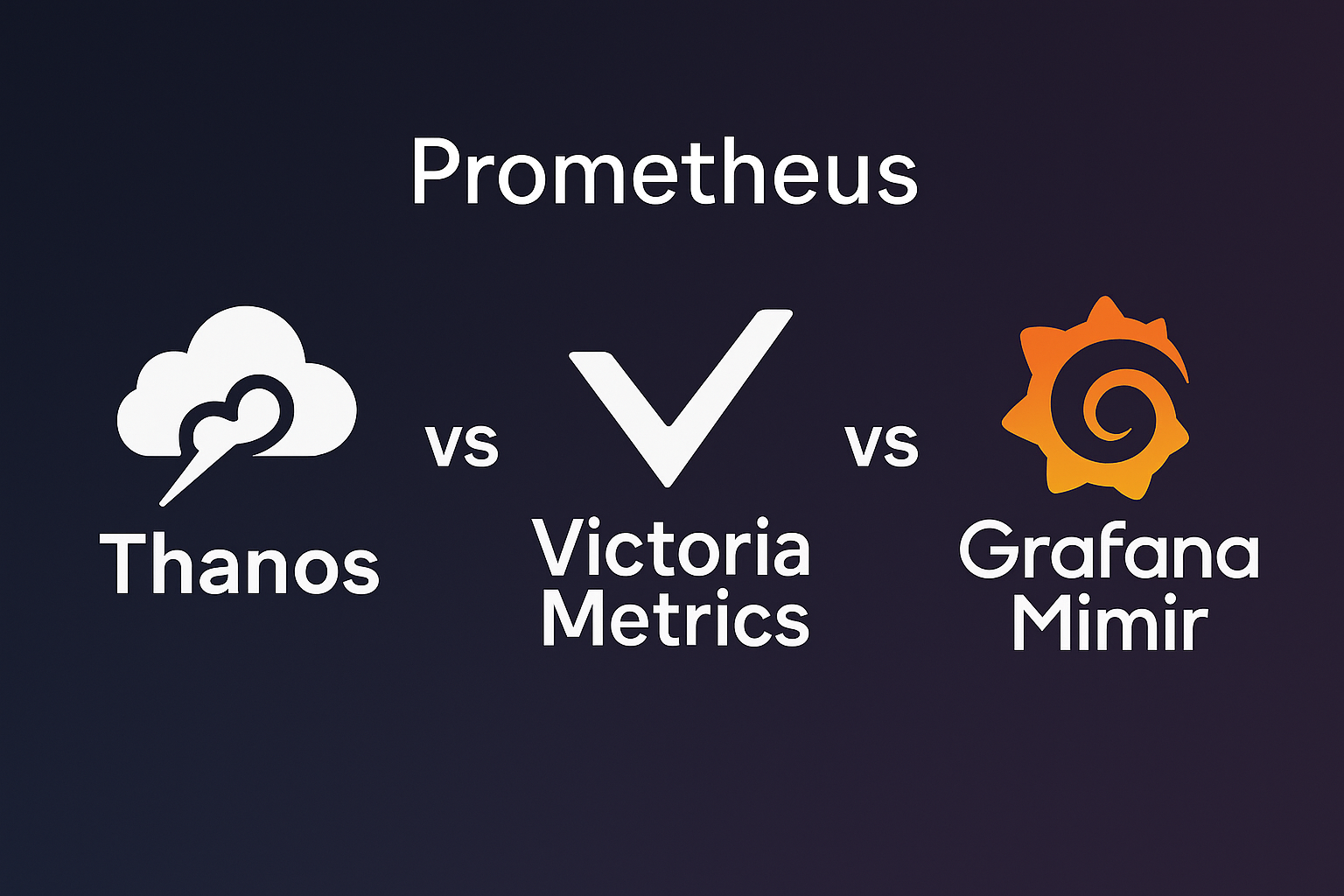Cloudflare R2 vs Backblaze B2 vs Wasabi vs Amazon S3 in 2025: Pricing (Egress/Requests), S3‑Compatibility, Immutability/Lifecycle, and the Best Object Storage for VPS Backups

Object storage has become the backbone of modern data management, especially for VPS backup strategies. As we enter 2025, the landscape offers compelling alternatives to traditional cloud storage solutions, each with distinct advantages in pricing, performance, and compatibility.
In this comprehensive comparison, we’ll analyze four leading object storage providers: Cloudflare R2, Backblaze B2, Wasabi, and Amazon S3. We’ll examine their pricing structures, S3 compatibility, data lifecycle management features, and suitability for VPS backup workflows.
Pricing Battle: Egress Costs and Request Charges
Storage Costs (per GB/month)
- Wasabi: $0.0049 (with 90-day minimum storage commitment)
- Backblaze B2: $0.006
- Cloudflare R2: $0.015
- Amazon S3: $0.023 (Standard tier)
Egress Pricing: The Game Changer
This is where the landscape dramatically shifts:
- Cloudflare R2: $0.00 (zero egress fees)
- Wasabi: $0.00 (included in storage pricing)
- Backblaze B2: $0.01/GB (first 1GB daily free)
- Amazon S3: $0.09/GB (first 1GB monthly free)
API Request Charges
For automated backup operations, request pricing matters:
- Cloudflare R2: 1 million Class A operations free monthly, then $4.50/million
- Backblaze B2: First 2,500 daily Class B (download) free, $0.004/10,000 thereafter
- Wasabi: No additional API charges
- Amazon S3: $0.0004/1,000 PUT requests, $0.0004/10,000 GET requests
S3 Compatibility: Seamless Integration
All four providers offer S3-compatible APIs, but implementation depth varies:
- Amazon S3: Native implementation with full feature set
- Cloudflare R2: Excellent compatibility covering 99% of common operations
- Backblaze B2: Strong S3 compatibility via native S3 API endpoint
- Wasabi: Nearly complete S3 compatibility with some advanced feature limitations
This compatibility ensures existing backup tools like Restic work seamlessly across all platforms without modification.
Data Lifecycle and Immutability Features
Lifecycle Management
- Amazon S3: Comprehensive lifecycle policies with multiple storage classes (IA, Glacier, Deep Archive)
- Cloudflare R2: Basic lifecycle rules for object expiration
- Backblaze B2: Lifecycle rules with automatic transitions to archive storage
- Wasabi: Limited lifecycle management, primarily deletion-based rules
Object Immutability
Critical for compliance and ransomware protection:
- Amazon S3: Object Lock with legal hold and retention modes
- Backblaze B2: Object Lock support with compliance and governance modes
- Wasabi: Immutable storage with configurable retention periods
- Cloudflare R2: Currently limited immutability features
Performance Considerations for VPS Backups
Upload Throughput
Based on community benchmarks:
- Cloudflare R2: Excellent global performance via extensive edge network
- Amazon S3: High throughput with multi-part upload optimization
- Wasabi: Good performance with some geographic variations
- Backblaze B2: Solid performance, particularly from US locations
Geographic Distribution
For VPS deployments in Asia-Pacific regions:
- Cloudflare R2: Global presence with data centers worldwide
- Amazon S3: Extensive regional coverage including ap-southeast-1 (Singapore)
- Wasabi: Limited Asia-Pacific presence
- Backblaze B2: Primarily US and European data centers
Best Use Cases for VPS Backups
High-Frequency Backups
Cloudflare R2 excels for scenarios requiring frequent data retrieval due to zero egress costs. Perfect for development environments where backup restoration is common.
Long-Term Archival
Wasabi offers the lowest storage costs for write-once, rarely-accessed backup archives, making it ideal for compliance retention requirements.
Enterprise Compliance
Amazon S3 and Backblaze B2 provide comprehensive immutability features essential for regulated industries requiring tamper-proof backups.
Cost-Sensitive Deployments
Backblaze B2 strikes an excellent balance between affordability and features, particularly for small to medium-scale VPS backup operations.
Integration with Modern VPS Infrastructure
All providers integrate well with container orchestration platforms and can serve as backends for persistent volume claims in Kubernetes environments.
For organizations leveraging infrastructure as code, each provider offers comprehensive Terraform providers enabling automated backup infrastructure provisioning.
Conclusion: Choosing Your Object Storage Strategy
The optimal choice depends on your specific backup patterns:
- Choose Cloudflare R2 for frequent data access and global distribution requirements
- Select Wasabi for maximum cost efficiency on large, infrequently accessed datasets
- Opt for Backblaze B2 for balanced pricing with strong compliance features
- Pick Amazon S3 for comprehensive enterprise features and ecosystem integration
Consider implementing a hybrid approach, using different providers for various backup tiers based on access patterns and retention requirements. This strategy maximizes cost efficiency while maintaining appropriate data protection levels for your VPS infrastructure.
Related Articles

Top CDN Providers for VPS in 2025: Complete Performance Analysis of Cloudflare vs Fastly vs Bunny vs Akamai

Master Cloud-Init on Ubuntu 24.04: 30 Production-Ready Templates for Docker, SSH Security, and VPS Automation
